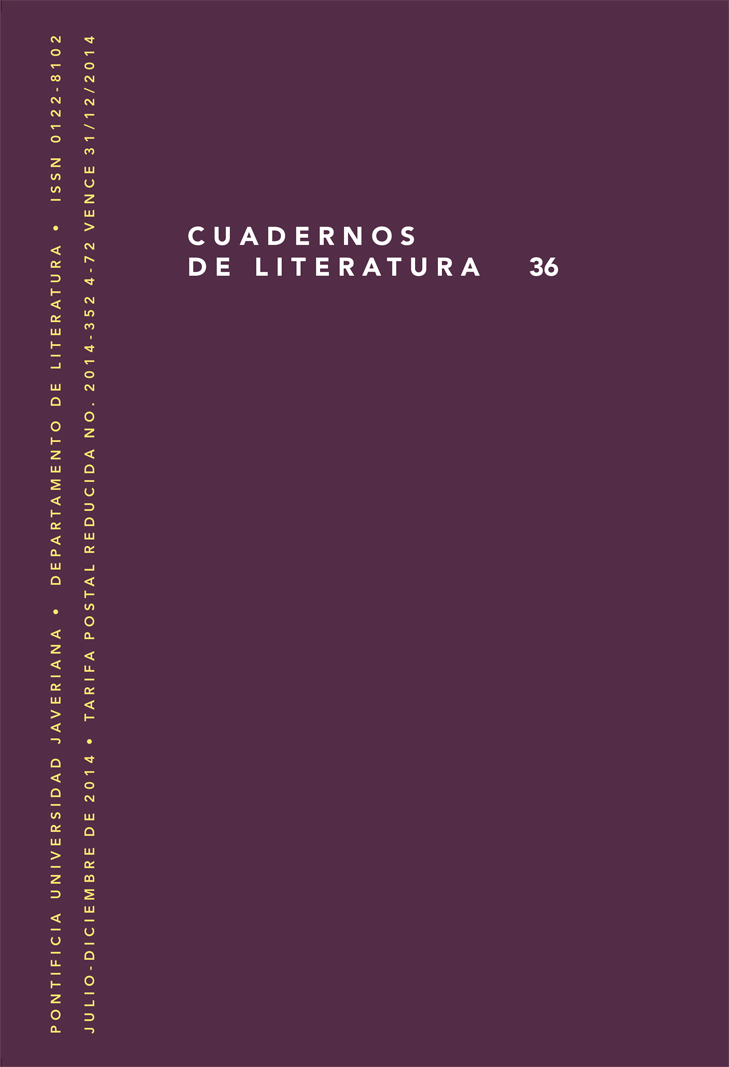Abstract
Se trata de un triángulo laboral entre José Donoso, Manuel Puig y Arturo Ripstein con respecto a la adaptación de El lugar sin límites al cine y, más adelante, con respecto al diálogo que Puig entabla entre el guión de la película y El beso de la mujer araña. Enfocamos primero la transformación de la novela de Donoso en manos de Puig y sus sucesivas adaptaciones coetáneas, primero por Ripstein, quien altera el guión de Puig, eliminando de él su aspecto sucio y corpóreo, y luego la adaptación del mismo Puig, quien toma de su guión varias estrategias fílmicas que formarán el núcleo de su novela. Basado en materiales descubiertos en el archivo de la familia Puig, el ensayo pone en evidencia los circuitos de deseo de los varios autores y señala la distancia entre el original y la copia, entre lo dicho y lo suprimido, con lo cual la película pasa de ser una performance de baile y seducción a un arte de contar que definirá a los personajes de la novela de Puig.Cuadernos de Literatura is registered under a Creative Commons Attribution 4.0 International Public License. Thus, this work may be reproduced, distributed, and publicly shared in digital format, as long as the names of the authors and Pontificia Universidad Javeriana are acknowledged. Others are allowed to quote, adapt, transform, auto-archive, republish, and create based on this material, for any purpose (even commercial ones), provided the authorship is duly acknowledged, a link to the original work is provided, and it is specified if changes have been made. Pontificia Universidad Javeriana does not hold the rights of published works and the authors are solely responsible for the contents of their works; they keep the moral, intellectual, privacy, and publicity rights.
Approving the intervention of the work (review, copy-editing, translation, layout) and the following outreach, are granted through an use license and not through an assignment of rights. This means the journal and Pontificia Universidad Javeriana cannot be held responsible for any ethical malpractice by the authors. As a consequence of the protection granted by the use license, the journal is not required to publish recantations or modify information already published, unless the errata stems from the editorial management process. Publishing contents in this journal does not generate royalties for contributors.


